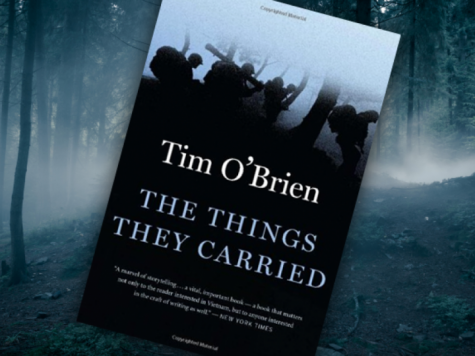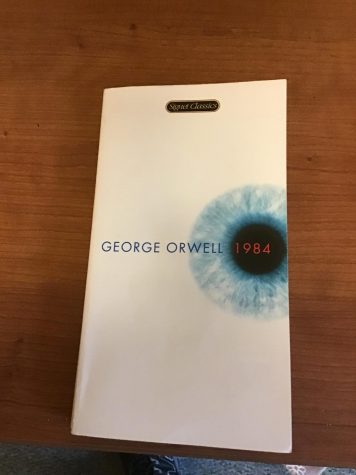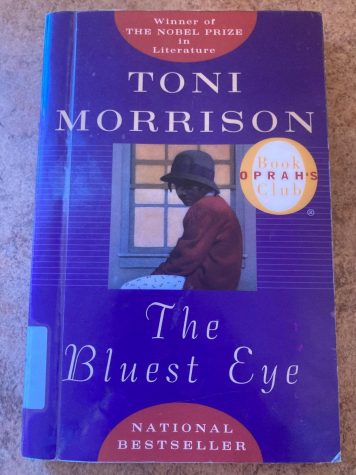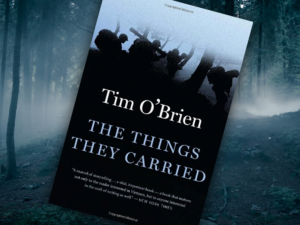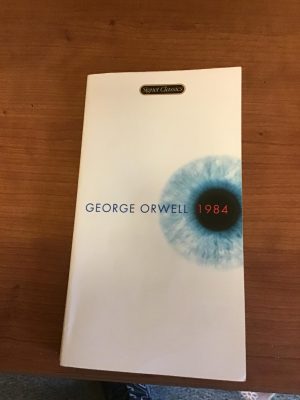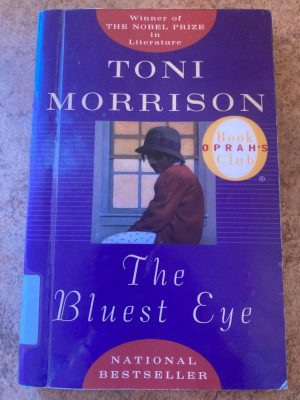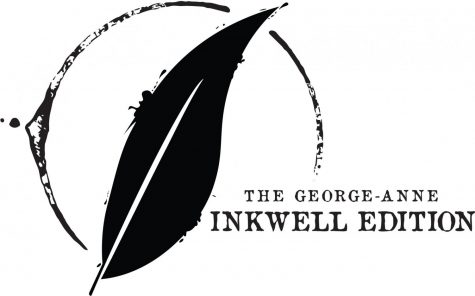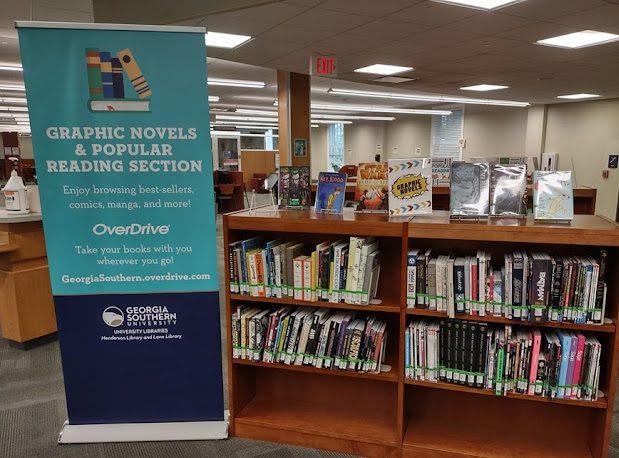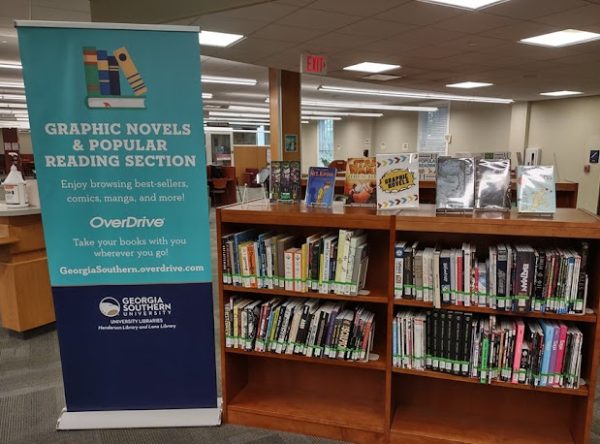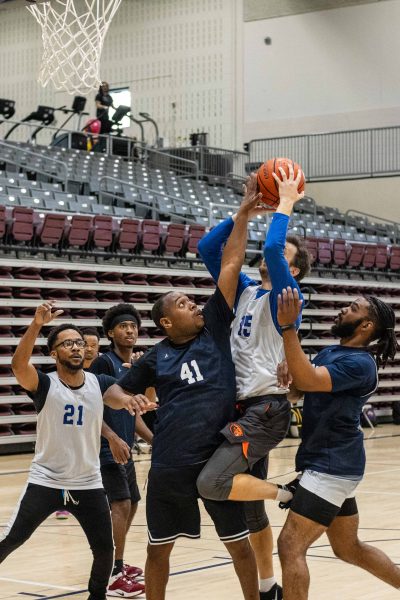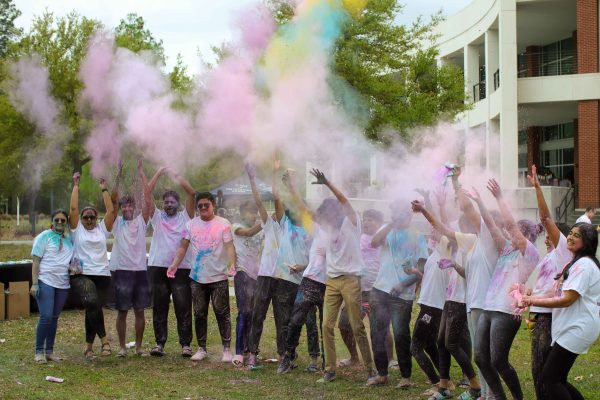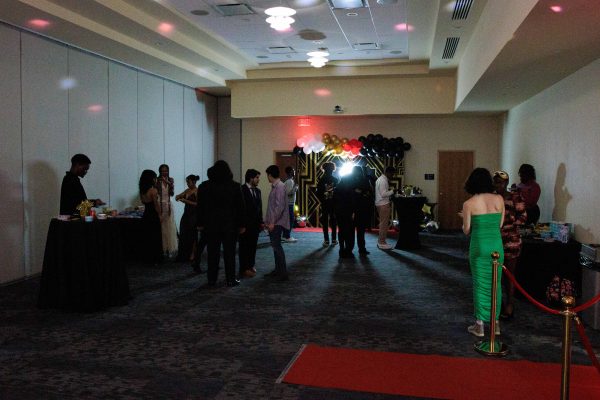Banned or Recommended: Who Should Decide?
October 5, 2020
Books can be banned or challenged for a variety of reasons. Two of the most common are offensive language and sexual explicit content. Most often these challenges are brought about by parents, usually in classrooms, public libraries, or school libraries.
However, some of the same books that have been banned or challenged in these settings are also required or recommended in them as well, depending on where one goes to school.
Two classics “Of Mice and Men” by John Steinbeck and “Catcher in the Rye” by JD Salinger are number 27 and 48 respectively on the list of the most challenged books between 2010-2019.
“Of Mice and Men” by John Steinbeck has been challenged or banned a total of 34 times. Most of the challenges were because of the overwhelming amount of offensive language in the form of “profanity,” “racial slurs” and “blasphemous” language.
“Catcher in the Rye” by JD Salinger has been challenged or banned 30 times for a variety of reasons including the book being “obscene,” using profanity, and containing sexual references. One school board member in Dorchester District 2 in Summerville S.C., removed the book because it is “a filthy, filthy book.”
Despite the controversy surrounding these books, both Reference and Instruction Librarians at Lane Library interviewed for this article, Caroline Hopkinson and Lauren Mcmillian, have read both of them.
“I’d recommend all I mentioned…I found them worthwhile, well written, and interesting. Many of the authors shared perspectives, life experiences different from mine,” Hopkinson said.
If some people recommend the books that others condemn, one has to wonder which opinion to believe. Who should have a say in what is read and what is ignored?
Because Banned Books Week is as much about the freedom to read as it is the censorship of books, the librarians and literature professors were asked about why they thought it was important to protect the freedom to read.
When Dr. Christopher Baker was asked about why he thinks it’s important to protect the freedom to read, he quoted John Milton in the book Areopagitica. “For books are not absolutely dead things, but …do preserve as in a vial the purest efficacy and extraction of that living intellect that bred them. I know they are as lively, and as vigorously productive, as those fabulous Dragon’s teeth; and being sown up and down, may chance to spring up armed men….Yet on the other hand unless wariness be used, as good almost kill a Man as kill a good Book; who kills a Man kills a reasonable creature, God’s Image; but he who destroys a good Book, kills reason itself, kills the Image of God, as it were in the eye. Many a man lives a burden to the Earth; but a good Book is the precious life-blood of a master-spirit, embalmed and treasured up on purpose to a life beyond life.”
Others said protecting the freedom to read is important because it helps us gain knowledge and broadens one’s perspective of the world around them.
“Reading books, especially fiction, is the best way to stimulate a reader’s sympathetic imagination, i.e. to allow an audience to imagine what it’s like to be somebody else,” Dr. Hans-George Erney, an Associate Professor with the Department of Literature, said.
“Reading is how we as a society can expand our horizons and be exposed to stories (whether fictionalized or not) that take us out of ourselves….Reading is also how people are able to learn and gain experience if they are not able to seek higher education or travel or do any of the things that instill personal growth and evolution,” McMillian said.
All the books that McMillian recommended students read, she recommended because “they portray different cultures and different ways of dealing with serious adversity.”
“I’ve been offended by books that I’ve read but I don’t regret reading them, because the thinking I did in order to criticize those works–usually in a group, helped develop my views,” Hopkinson said.
Another reason that the freedom to read is important is because it is tied to one’s freedom of expression. “Also, freedom to read goes hand in hand with freedom of expression– writers usually need readers,” Hopkinson said.
A third reason that groups or administrators should not be able to limit one’s access to reading materials is because it’s a matter of individual freedom.
“As a librarian, I do not want one person- or even a group- dictating what a larger group should or should not read (and thus believe). Individuals can make a choice not to read something they find offensive,” McMillian said.
“There are many books I wouldn’t want to ban but that I would never recommend to students or require them to read, because they’re either badly written or vile in its contents or values,” Erney said.
For these librarians and literature professors, there are many reasons to protect one’s freedom to read and an individual’s right to decide what is considered offensive and what is worthy of their time.
This means not allowing books to be banned or censored at a community level but rather giving individuals access to as much reading material and as diverse reading material as possible so they can learn, grow, express themselves, and decide on their own about what to read and believe.

